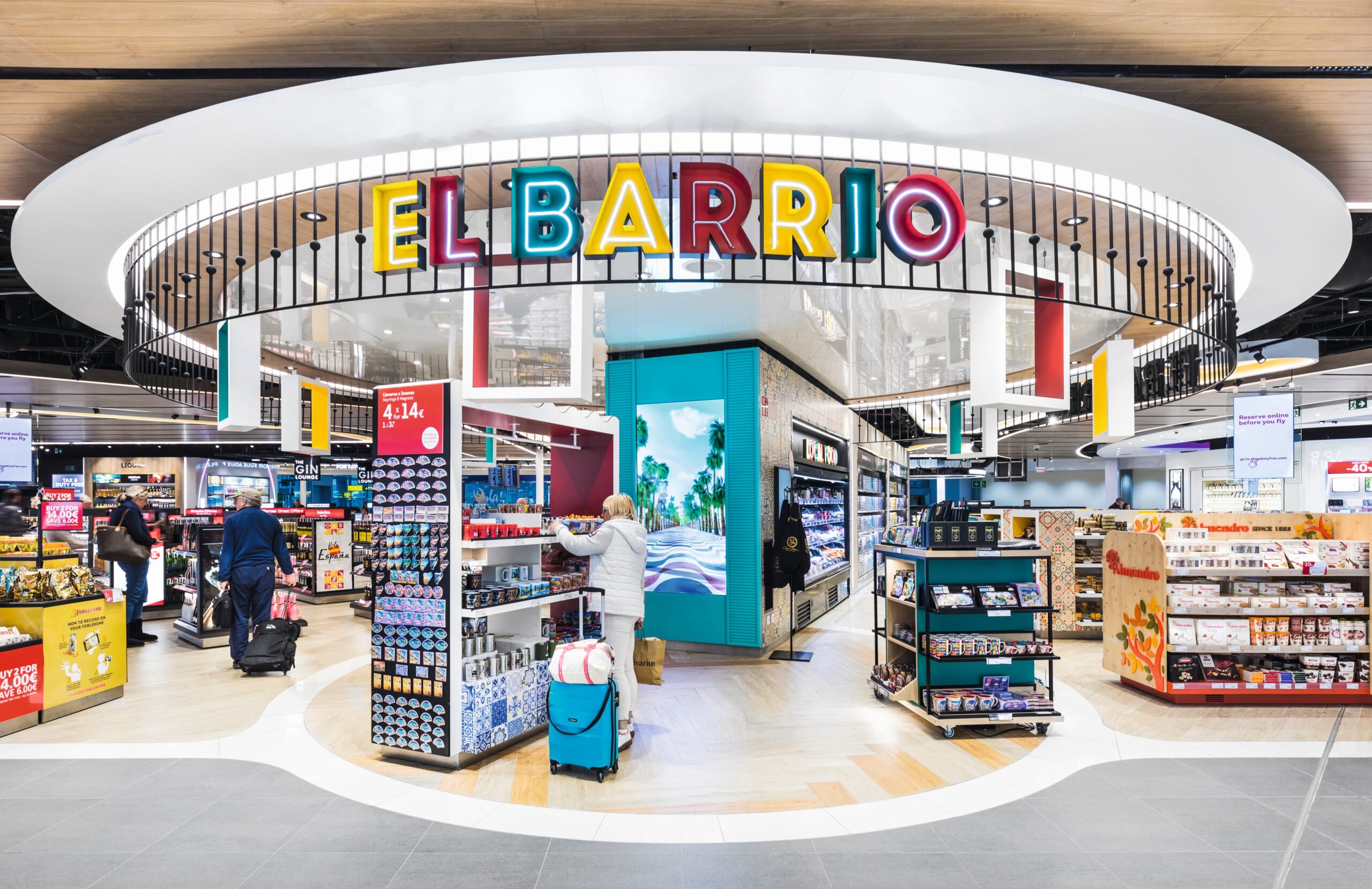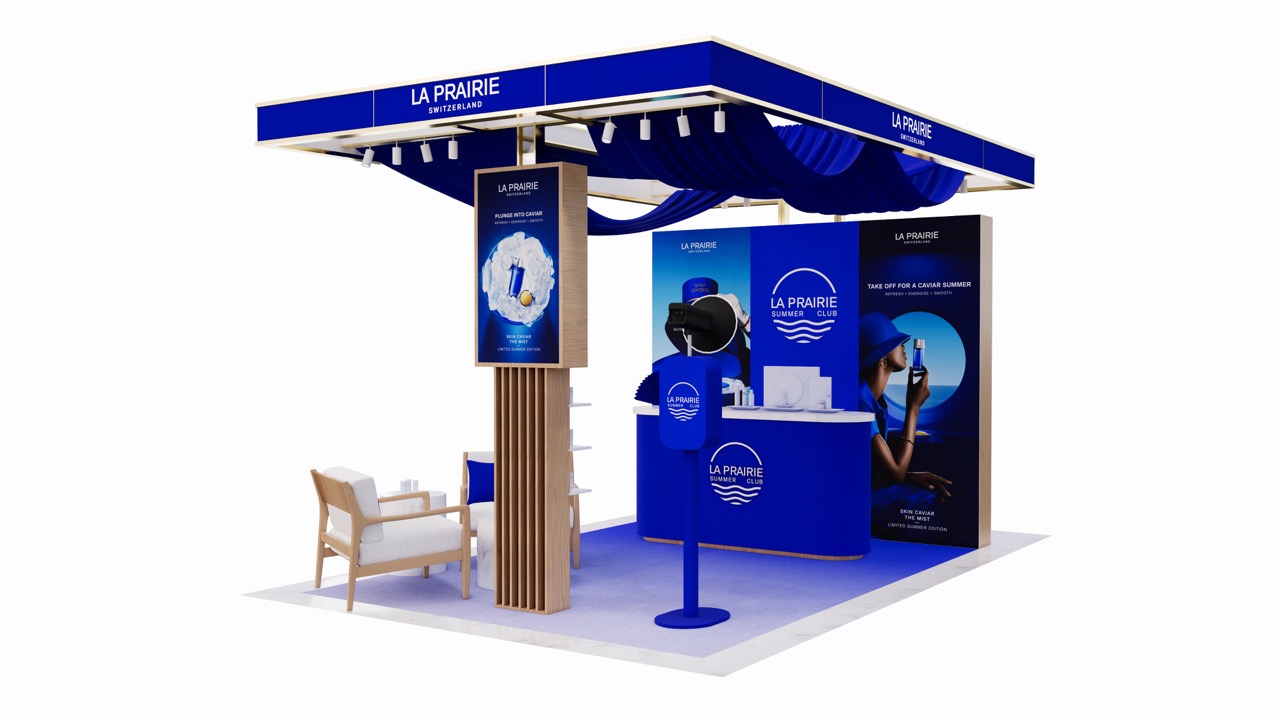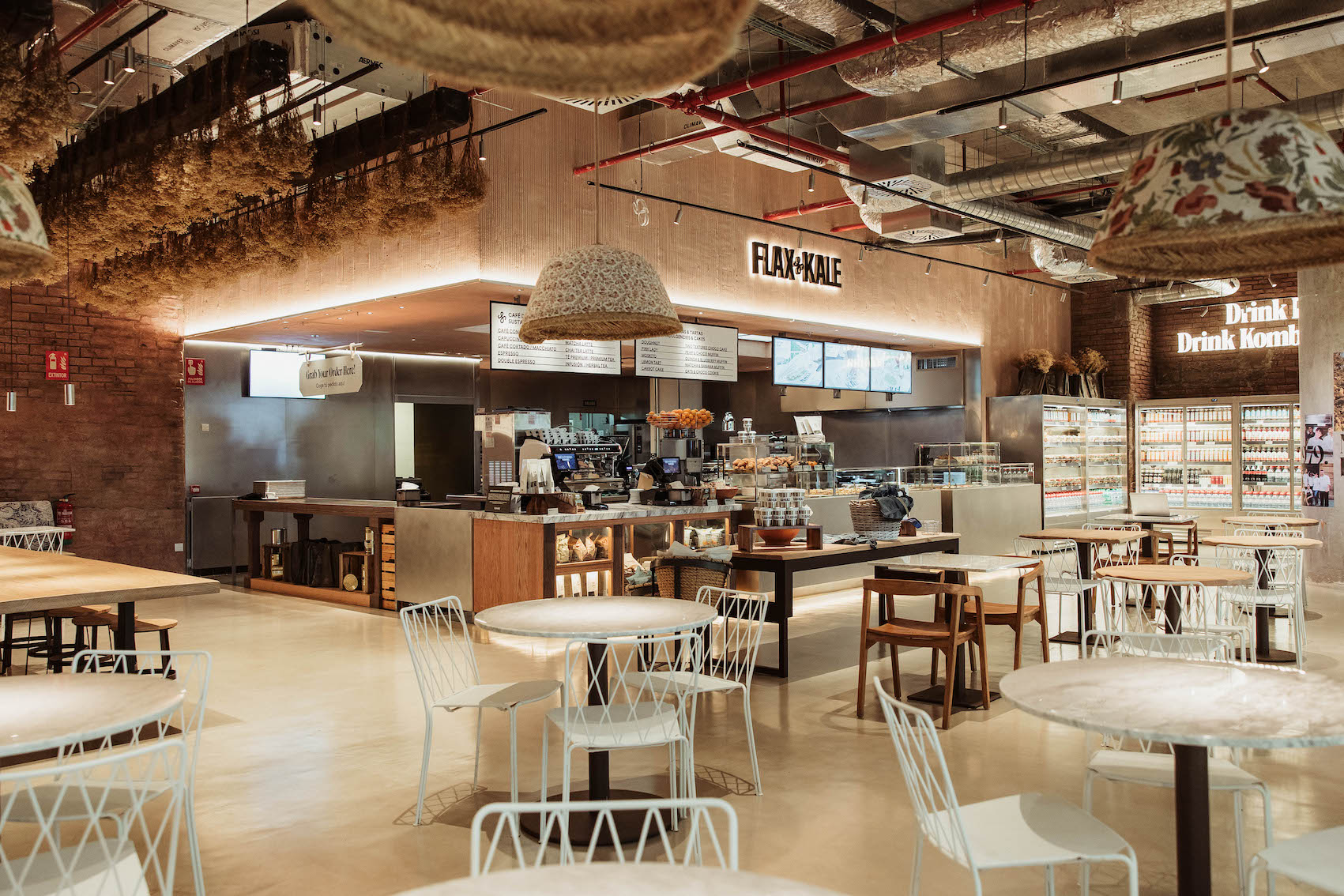Introduction: On 1 September, Dufry implemented a new organisational structure designed to support profitability and accelerate growth during the recovery phase of the COVID-19-related economic and industry crisis and beyond.
The wide-ranging changes included the grouping of countries into a reduced seven clusters plus North America, down from the previous 23, and simplifying the first management level by grouping related functions. Dufry also introduced a slimmed down Global Executive Committee to reflect organisational changes.
It comprises:
- Julián Díaz, Group Chief Executive Officer
- José Antonio Gea, Deputy Group Chief Executive Officer
- Yves Gerster, Chief Financial Officer
- Eugenio Andrades, Chief Executive Officer Operations
- Roger Fordyce, Chief Executive Officer North America
- Andrea Belardini, Chief Commercial Officer
- Luis Marin, Chief Corporate Officer
- Pascal Duclos, Group General Counsel

In a three-part Moodie Davitt Report exclusive, we are featuring interviews with a trio of those executives – Andrea Belardini (click here to read), Eugenio Andrades (here), and Luis Marin.
This time up it’s Chief Corporate Officer Luis Marin, who talks of his role within the revamped organisation and the interrelation between key support functions such as HR, IT, Corporate Development, and Indirect Procurement
The Moodie Davitt Report: Luis, you have been with Dufry from the very early days, having joined in 2004 as Business Control Director, later being appointed as Chief Corporate Officer in 2014.
With your economic and financial background, you have managed Business Controlling as well as M&A for several years and you are now responsible for the key support functions such as HR, IT, Corporate Development, and Indirect Procurement. How has your daily life changed with the new organisation and your new scope?
Luis Marin: Yes, I was lucky enough to join Dufry at the beginning of probably one of its most exciting periods. In my previous area of responsibility, I had the opportunity to develop the Business Controlling department and contribute to growth from the M&A function, to become the leading global travel retailer we are today.
Now, the perspective has widened with a more internal focus, making sure that our internal resources are planned, developed, and adapted to the needs of the company at any moment in time.
From your new areas of responsibility, where do you see the key challenges today?
When you consider that a company of almost CHF9 billion (US$9.9 billion) has lost around two thirds of its sales in only a few months, then you can clearly see that efforts are presently focused on coping with the current situation and concentrated on the restart of operational activities to gain cruising speed as soon as possible.
Today, travel retailers face a difficult time involving many business areas and with a significant cost pressure from a Human Resources (HR) perspective. Here, HR is facing a significant challenge, in terms of adapting the company to a new reality, ensuring we are well prepared for the recovery phase.
Besides this exceptional situation we all live with today, I think that the overall topic of digitalisation is one of the main areas to focus on. When talking about digitalisation in retail, one often associates the term with online sales, social media, CRM, etc. However, in reality, there are many opportunities to simplify procedures and generate efficiencies by looking at the so-called back-office processes that can be improved or even fully automatised through digital solutions.
Digitalisation is not only about adding value at the store front, but also in the back office. The second area where we still have potential to evolve is the further standardisation of the business, which in a global company that has been built piece by piece, including major acquisitions, is a natural path to follow. IT in particular, has a key role in both of them.
When you consider that a company of almost CHF9 billion (US$9.9 billion) has lost around two thirds of its sales in only a few months, then you can clearly see that efforts are presently focused on coping with the current situation and concentrated on the restart of operational activities to gain cruising speed as soon as possible.
At first sight, the several areas of responsibility within your remit seem to be fully separated entities. What is the common denominator?
They are not separated at all. IT and HR are key integrators of the different areas in a company.
IT is providing services to many of the other areas I am now managing, for example via developing appropriate tools for HR management, indirect procurement, or business development control.
What the internal resources functions have in common is that they are enablers and service providers to the operational and customer-oriented functions. We serve and provide solutions to other departments, making sure that they can focus on satisfying the needs of our customers.
Having adapted the structure of the company to the new market conditions generates a comprehensive amount of work to make sure that systems and processes are aligned, and that the right resources are available as needed. This might not be visible at first sight, but there is a team of professionals in all these functions that work hard every day to ensure we keep the company operational.
How does the new organisation affect the structural setup and your work?
The new organisation has simplified our structure, by taking out one decision-making level. This means that also internally we are “getting closer” from the global functions to the country organisations.
Consequently, we need to adapt all processes to this new reality and provide the respective IT technology and solutions supporting the organisation.
On top of this, getting closer, means also, for example, seizing opportunities of centralising or clustering some activities into shared service centers. This is exactly what our Finance Department is doing, as similar tasks are executed for a variety of internal customers, but they do not need to be physically located at Headquarters.

As such a global company, Dufry is by definition a geographically spread organisation. Is this an advantage or a challenge in your new function?
I would say this is a challenge but most importantly an opportunity. I think that to understand this particular setup, we need to go back to 2014/15 when we integrated Dufry, Nuance and World Duty Free after the transformational acquisitions.
Our idea was to take the best practices and skills of every company, to combine them into one unit and to deploy these capabilities across the Group. Therefore, the geographic spread was born out of the integrated business and not driven artificially by relocating whole departments from one place to another.
We still have several hundreds of shops closed and need to follow a tight cost control regime, with the aim of resuming all these activities soon
Ever since, all these functions have further evolved and proven their effectiveness; and naturally, this approach is also supported by the digital tools for internal communication, which we have today.
Last, but not least, I would add that it is very enriching both for the company and all of us to collaborate with colleagues of around 100 different nationalities on a daily basis.

What are you currently working on, specifically?
I would say on many things, as are all my colleagues here in Dufry and in the industry.
The current environment keeps us busy coping with the situation in terms of cost and investment control, scenario projections, etc., and it is now more important than ever to work in a coordinated and organized way.
Some time ago, the Group started to standardise the IT ERP’s landscape that was not very homogenous given the several acquisitions. The IT team and the other departments involved have made a tremendous effort in the last two years and the process is almost completed even though we still need to go the last mile.
Obviously, also other departments and their intrinsic tasks such as Corporate Development and Human Resources have been affected. For example, we still have several hundreds of shops closed and need to follow a tight cost control regime, with the aim of resuming all these activities soon.
Despite all these short-term challenges, we are looking further ahead, planning for the next steps of digitalisation, to identify and understand necessities and opportunities of the different areas of the company, which might come up during or right after the recovery. With our dedication, we want to make sure the company can accelerate growth again as soon as travel flows improve.













